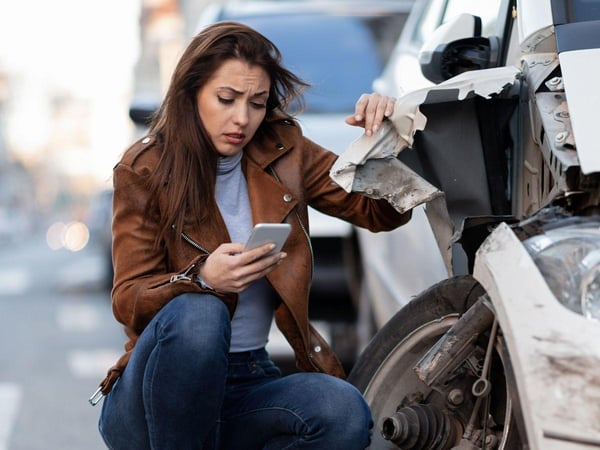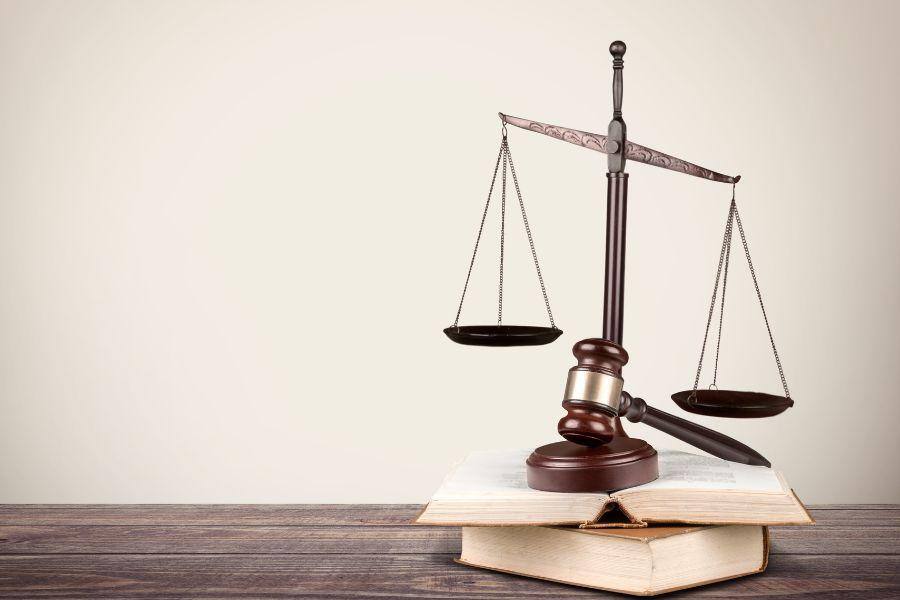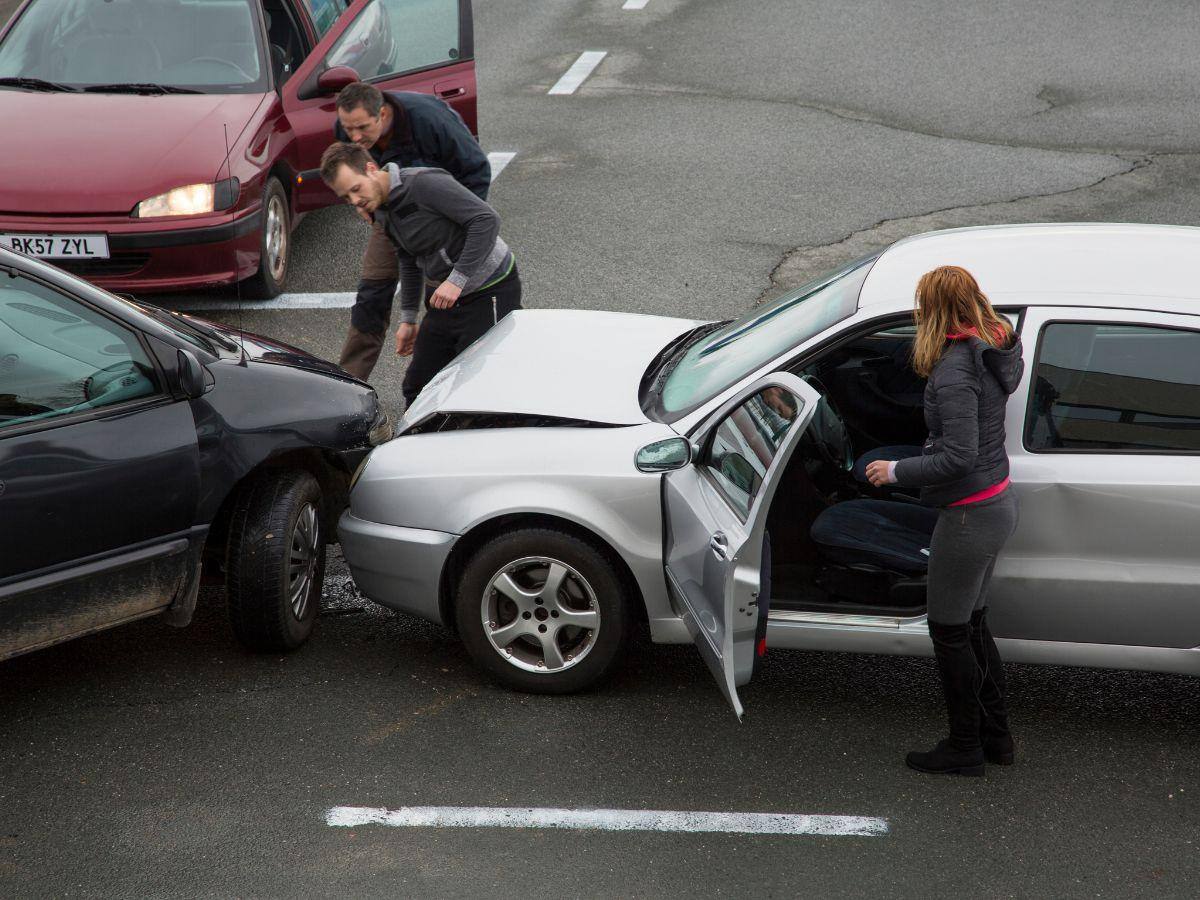Understanding Lawsuits vs. Insurance Claims After a Car Accident
Key Takeaways: Claim vs. Lawsuit: Insurance claims are generally quicker and cover immediate damages through your provider, while lawsuits can...
5 min read
Juan Carlos : 6/5/24 2:45 PM
Key Takeaways:
Experiencing a motor vehicle accident away from home can be incredibly stressful, especially considering the potential for a personal injury lawsuit and the statute of limitations in different states. Each state has its own set of laws and insurance requirements that can complicate your accident claim.
This article will provide essential guidance on navigating insurance policies, seeking legal advice, and effectively managing out-of-state accidents, with valuable insights from Cotto Law Group.
Table Of Contents
When you're involved in a car accident in a different state, the local insurance laws can significantly impact how your claim is handled.
The United States has both no-fault and at-fault systems, which dictate how insurance claims are processed in each state.
In no-fault states, your insurance company pays for your medical bills and other losses, regardless of who caused the accident, up to a specified limit of coverage.
This system is designed to reduce the need for litigation over the cause of the accident.
In at-fault states, the person who caused the accident, the fault driver, and their insurance company are responsible for covering damages.
Understanding your auto insurance policy’s terms is crucial, particularly how it applies across state lines.
Most policies offer coverage throughout the United States, but navigating the specifics requires knowing how different states’ laws affect your coverage.
For example, if you live in a no-fault state but have an accident in an at-fault state, you may face unexpected liabilities and insurance procedures if deemed responsible for the accident.
So before you travel, you should review your coverage with your insurance carrier to ensure you fully understand what protections you carry in the state(s) you're traveling through/to.
This preparation can help you avoid costly surprises and ensure you have adequate coverage for any eventuality.

If you are in a car accident in another state, taking the right steps at the scene can significantly affect the outcome of your accident claim.
First, ensure your safety and the safety of others.
Move to a secure location and turn on your hazard lights to alert oncoming traffic.
Next, contacting local authorities is crucial to obtain an accident report.
A police report is vital when dealing with insurance companies and other drivers involved.
It provides an official account of the accident, which is essential for verifying the details of the incident.
Documenting the accident scene is equally important.
Use your smartphone to take photographs of the vehicles involved, focusing on areas of damage, the overall scene, and any landmarks that can help pinpoint the exact location. But, stay wary of posting information regarding your accident on social media - understand how social media can harm your car accident claim.
Additionally, capture images of license plates, road conditions, and any visible injuries.
Collecting contact and insurance information from all parties involved is another key step.
Ensure you exchange insurance details, including policy numbers, with the other driver(s). General information like names, addresses, and phone numbers are also vital to obtain.
If there are witnesses, getting their contact information can help your accident lawyer build a stronger case.
Preparing for potential legal proceedings and insurance claims is most efficient when you take immediate action.
Navigating insurance claims is particularly challenging when you're in a car accident away from home.
First, it’s important to notify your insurance provider as soon as possible after the accident.
It is crucial to have detailed information about the incident because the terms of your auto insurance policy will determine how your claim is handled, especially if the laws of a different state are involved.
Handling claims with another party’s insurance company can also be complicated.
Each state has different rules concerning fault, coverage, and compensation.
For example, suppose your home state is a no-fault state and the accident occurs in an at-fault state.
In that case, you may need to file a claim with the other driver’s insurance company to cover property damage and medical expenses, which isn’t typically required in your home state.
Here are a few tips for filing an insurance claim across state lines:
Proactively managing your insurance claim and understanding the interplay of different state laws can help you receive fair compensation without unnecessary complications.

Dealing with a car accident in a different state can introduce a series of complications that affect both your recovery and the legal process.
Repair expenses and medical costs can rise rapidly, particularly when you're distant from your typical support systems and service providers. Managing out-of-state regulations also introduces an extra layer of complexity, especially concerning medical care.
Here are strategies to effectively manage these challenges:
These proactive steps can help mitigate the complications associated with out-of-state car accidents, ensuring you navigate the aftermath with fewer issues and better support.
To recap, key steps for effectively managing an out-of-state accident include:
Navigating a car accident in another state often requires the assistance of experienced personal injury lawyers who can outline efficient legal options and guide you through the process.
The experienced auto accident attorneys at Cotto Law Group can assist you with your multi-state accident claim to help you better understand the impacts of state laws on insurance and legal outcomes.
Our experienced attorneys have extensive experience handling complex insurance negotiations and legal issues across multiple jurisdictions.
Contact us today to ensure your rights are protected and maximize your compensation!

Key Takeaways: Claim vs. Lawsuit: Insurance claims are generally quicker and cover immediate damages through your provider, while lawsuits can...

To secure maximum compensation in court for car accident victims, it is essential to identify a clear determining factor that establishes who exactly...

Key Takeaways: Determining fault in a multi-car accident involves assessing each driver's actions and the evidence from the accident scene....